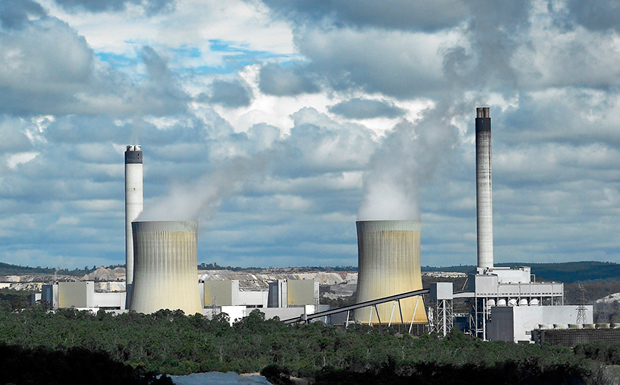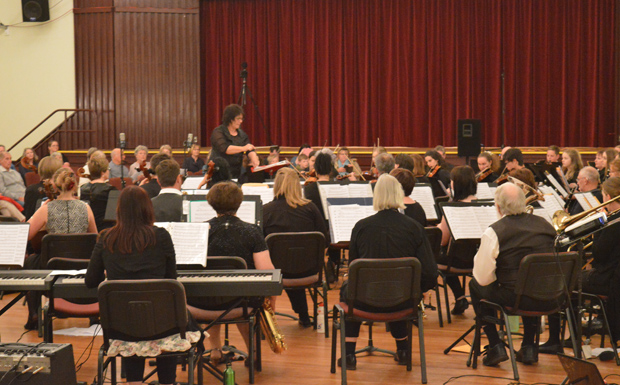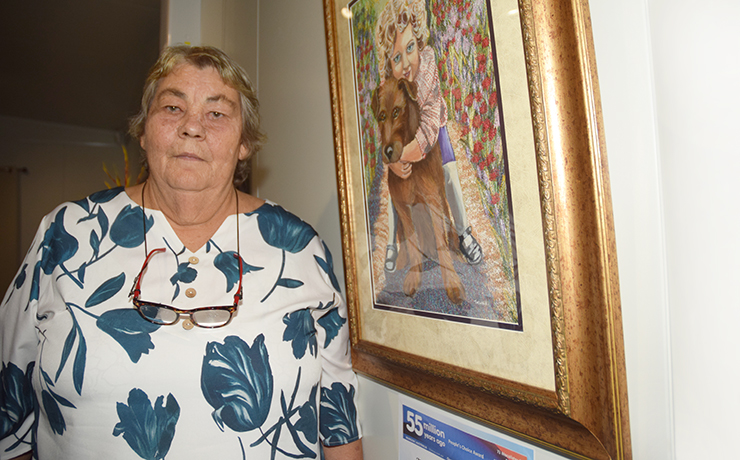

May 22, 2024
A CSIRO report has found nuclear power is the most expensive way to generate electricity, boosting critics of the Federal Opposition’s proposal that nuclear power be added to Australia’s energy mix.
The nation’s peak science agency – in conjunction with the Australian Energy Market Operator – found the cost of large-scale nuclear plants cannot compete on price with renewables.
It also found that building a nuclear power plant would cost at least $16 billion and was likely to take 16 years to build.
This would mean that if construction of a nuclear plant started tomorrow, it would not come into operation until 2040 – several years after the last Australian coal-fired power station is expected to shut down.
It would also mean the technology could not be used to help meet Australia’s international climate change commitments, which require the nation to cut emissions 43 per cent by 2030.
The Opposition has said it will build “six or seven” nuclear reactors in Australia if it wins the 2025 federal election.
Although Opposition Leader Peter Dutton has yet to offer a detailed policy including costings and sites for the reactors, Nationals leader David Littleproud has hinted that Tarong could be a potential site for a nuclear power plant in his Maranoa electorate.
The CSIRO’s findings are contained in its 2024 GenCost report, which is produced every year for investors in the energy industry.
Apart from costing nuclear power against renewables, black coal and gas, the report also included a bill for $40 billion for new transmission lines needed to link all the new solar and wind farms to population centres, as well as batteries and pumped hydro to back up power supplies into the cost of renewables.
But even including this cost, renewables came out far cheaper than investing in several nuclear plants, with the report noting the cost of plugging nuclear into the grid remained unknown.
The report found the cheapest electricity will come from a grid drawing 90 per cent of its power from renewables, which would supply electricity for a cost between $89 and $128 per megawatt hour by 2030.
A large scale nuclear reactor would supply power for $136 to $226 per megawatt hour by 2040, and small modular reactors – a developing technology not yet in commercial use – would be even more expensive, costing between $171 to $366 per megawatt hour.
Significantly, the GenCost report does not include the cost of disposing nuclear waste, which would have to be transported from each nuclear power station to a geologically stable site where it could be safely stored for at least 10,000 years.
At present, a one-gigawatt nuclear power plant would produce almost 28 tonnes of nuclear waste per annum.
- External link: 2023-24 GenCost report
- Editorial: The Nuclear Option … Past & Present
Related articles:























